Social Research with Statistics: New Titles from Sage

Maybe stats are not what you think of for beach reading.
Even if it isn’t the book you pack for a beach getaway, this is a good time to review new texts for future course instruction. You might also find materials that can introduce new approaches and enhance your research skills.
Use the code MSPACEQ223 for a 20% discount, valid until June 30, 2023.
Quantitative Social Science Data with R: An Introduction 2nd edition by Brian J. Fogarty
Gradually introducing applied statistics and the language and functionality of R and R Studio software, it uses examples from across the social sciences to show students how to apply abstract statistical and methodological principles to their own work. Maintaining a student-friendly pace, it goes beyond a normal introductory statistics book. Find online resources here.
Foundations of Programming, Statistics, and Machine Learning for Business Analytics by Ram Gopal, Dan Philps, Tillman Weyde
This book covers all the fundamentals, from statistics to programming to business applications, to equip you with the solid foundational knowledge needed to progress in business analytics. Assuming no prior knowledge of programming or statistics, this book takes a simple step-by-step approach which makes potentially intimidating topics easy to understand, by keeping Maths to a minimum and including examples of business analytics in practice. Find online resources here.
From Social Science to Data Science: Key Data Collection and Analysis Skills in Python by Bernie Hogan
From Social Science to Data Science is a fundamental guide to scaling up and advancing your programming skills in Python. From beginning to end, this book will enable you to understand merging, accessing, cleaning and interpreting data whilst gaining a deeper understanding of computational techniques and seeing the bigger picture.
Practical Multilevel Modeling Using R by Francis L. Huang
Practical Multilevel Modeling Using R provides students with a step-by-step guide for running their own multilevel analyses. Detailed examples illustrate the conceptual and statistical issues that multilevel modeling addresses in a way that is clear and relevant to students in applied disciplines.
Complete Data Analysis Using R: Your Applied Manual by Marco Lehmann
This step-by-step guide shows you how to use R to get data analysis right. The book explores the entire process of analysis, covering key steps from preparing your data to putting your analysis together and writing up your findings. It helps you get to grips with doing different statistical techniques in R. Find online resources here.
Doing Quantitative Research in Education with IBM SPSS Statistics 3rd Edition by Daniel Muijs
This essential guide for education students and researchers explains how to use quantitative methods for analysing educational data using IBM SPSS Statistics. By using datasets from real-life educational research, it demonstrates key statistical techniques that you will need to know, explaining how each procedure can by run on IBM SPSS Statistics. Datasets discussed in the book are downloadable, allowing you to hone your skills as you read.
Computational Thinking and Social Science: Combining Programming, Methodologies and Fundamental Concepts by Matti Nelimarkka
Whilst providing a fundamental understanding of computational social science, this book delves into the tools and techniques used to build familiarity with programming and gain context into how, why and when they are introduced. The overall focus is on helping you understand and design computational social science research, alongside delving into hands-on coding and technical instruction. Find online resources here. See this guest post, and watch a webinar with Dr. Nelimarkka.
Statistics for the Behavioral Sciences 4th edition by Gregory J. Privitera
Gregory Privitera aims to not only inspire students to use statistics properly to better understand the world around them, but also to develop the skills to be lab-ready in applied research settings. Incorporating examples from current, relatable research throughout the text, Privitera shows students that statistics can be relevant, interesting, and accessible.
Statistics with R: A Beginner's Guide, 2nd edition by Robert Stinerock
With a clear step-by-step approach explained using real world examples, learn the practical skills you need to use statistical methods in your research from an expert with over 30 years of teaching experience. With a wealth of hands-on exercises and online resources created by the author, practice your skills using the data sets and R scripts from the book with detailed screencasts that accompany each script.
Statistics for Psychology A Beginner's Guide, 2nd edition by Roger Watt and Elizabeth Collins
Statistics for Psychology is an interactive, highly visual, and accessible guide to the statistical practices you will encounter as a psychology student. Its software-agnostic approach keeps the focus on the core principles, rather than getting bogged down in complicated formulae and jargon. Find online resources here.
More Methodspace posts about data science and statistics
As part of our ongoing commitment to delivering high-quality online learning, we are excited to announce a series of updates to our Sage Campus courses! These enhancements are designed to support academic success by providing practical resources and empowering learners at every stage of their academic journey.
Last month Sage hosted an exclusive webinar with the JASP founder, Eric-Jan Wagenmakers, and fellow JASP creator Johnny van Doorn. Based at the University of Amsterdam, these renowned experts introduced the world of teaching statistics using JASP.
We are thrilled to announce the launch of our brand-new Data and Research Literacy collection—now live on the Sage Research Methods platform
Dr James Abdey discusses the importance of statistical literacy and applications of methodologies to assist researchers in understanding their data and presenting their results clearly, objectively, and with confidence.
Listen to this interview, and check out Rhys Jones’ latest book: Statistical Literacy: A Beginner's Guide.
This blog is the seventh, and penultimate post, in a follow-on to our 2021 “The future of computational social science is Black” series, about a Summer Institute in Computational Social Science organized by Howard University and Mathematica. It continues to bring the power of computational social science to the issues of systemic racism and inequality in America. This marks the third iteration of the successful SICSS model being hosted by a Historically Black College or University.
This blog post is the sixth of eight in a follow-on to our 2021 “The future of computational social science is Black” series, about a Summer Institute in Computational Social Science organized by Howard University and Mathematica. It continues to bring the power of computational social science to the issues of systemic racism and inequality in America. This marks the third iteration of the successful SICSS model being hosted by a Historically Black College or University.
Latanya Sweeney, scholar of technology science, Daniel Paul Professor of the Practice of Government and Technology at the Harvard Kennedy School and in the Harvard Faculty of Arts and Sciences, and director and founder of the Public Interest Tech Lab, delivered the keynote address for SICSS-Howard/Mathematica 2023.
This blog post is the fifth of eight in a follow-on to our 2021 “The future of computational social science is Black” series, about a Summer Institute in Computational Social Science organized by Howard University and Mathematica. It continues to bring the power of computational social science to the issues of systemic racism and inequality in America. This marks the third iteration of the successful SICSS model being hosted by a Historically Black College or University.
This blog post is the fourth of eight in a follow-on to our 2021 “The future of computational social science is Black” series, about a Summer Institute in Computational Social Science organized by Howard University and Mathematica. It continues to bring the power of computational social science to the issues of systemic racism and inequality in America. This marks the third iteration of the successful SICSS model being hosted by a Historically Black College or University.
This blog post is the third of eight in a follow-on to our 2021 “The future of computational social science is Black” series, about a Summer Institute in Computational Social Science organized by Howard University and Mathematica. It continues to bring the power of computational social science to the issues of systemic racism and inequality in America. This marks the third iteration of the successful SICSS model being hosted by a Historically Black College or University.
This blog post is the second of eight in a follow-on to our 2021 “The future of computational social science is Black” series, about a Summer Institute in Computational Social Science organized by Howard University and Mathematica. It continues to bring the power of computational social science to the issues of systemic racism and inequality in America. This marks the third iteration of the successful SICSS model being hosted by a Historically Black College or University.
This blog post is the first of eight in a follow-on to our “The future of computational social science is Black” series, about a Summer Institute in Computational Social Science organized by Howard University and Mathematica. It continues to bring the power of computational social science to the issues of systemic racism and inequality in America. This marks the third iteration of the successful SICSS model being hosted by a Historically Black College or University.
How can you use data science in social science research? Find an interview with the Oxford Internet Institute’s Dr. Bernie Hogan and lots of useful resources in this post.
Find tips to help you share your research and numerical findings.
Dr. Stephen Gorard defines and explains randomness in a research context.
Mentor in Residence Stephen Gorard explains how researchers can think about predicting results.
Instructional tips for teaching quantitative data analysis.
Tips for dealing with missing data from Dr. Stephen Gorard, author of How to Make Sense of Statistics.
Learn more about standard deviation from a paper and presentation from Dr. Stephen Gorard.
How can you use Excel in your data analysis? Charlotte Brookfield explains!
Have you seen Dr. Gorard use card tricks to teach research methods? Watch this video!
Don’t have funds for data analysis software? Use Excel! Learn how in this interview with Charlotte Brookfield.
Listen to Dr. Stephen Gorard discuss his no-nonsense approach to statistics.
Want to learn more about research with datasets? This curated collection of open-access articles can help you understand defining characteristics, and develop data literacy skills needed to work with large datasets and machine learning tools for managing Big Data sources.
Professor Julie Scott Jones discusses lessons learned from teaching quantitative research methods online.
After 20 years of teaching research and quantitative methods to students in Political Science in the US, UK, and the EU, Dr. Loveless has developed a teaching method that has resulted in greater student success in statistics in each passing year
Mentor in Residence Stephen Gorard explains how to use population data.
Dr. Ann Sloan Devlin, author of The Research Experience, discusses first steps in data analysis for quantitative studies.
Want to use R for statistical analysis? These open-access resources might help!

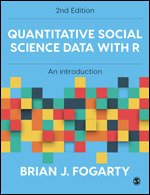
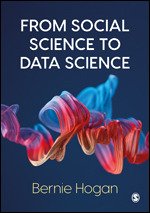
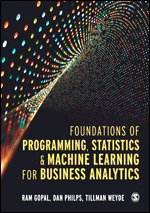
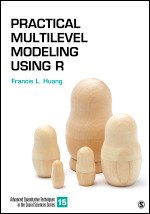
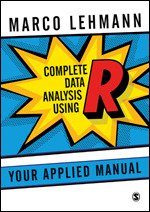
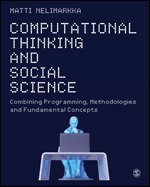
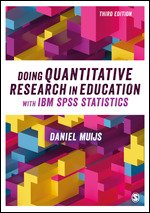
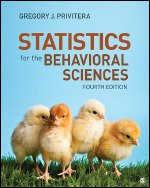
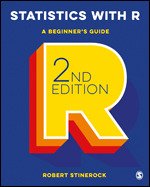
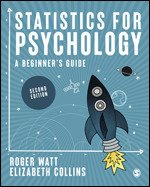





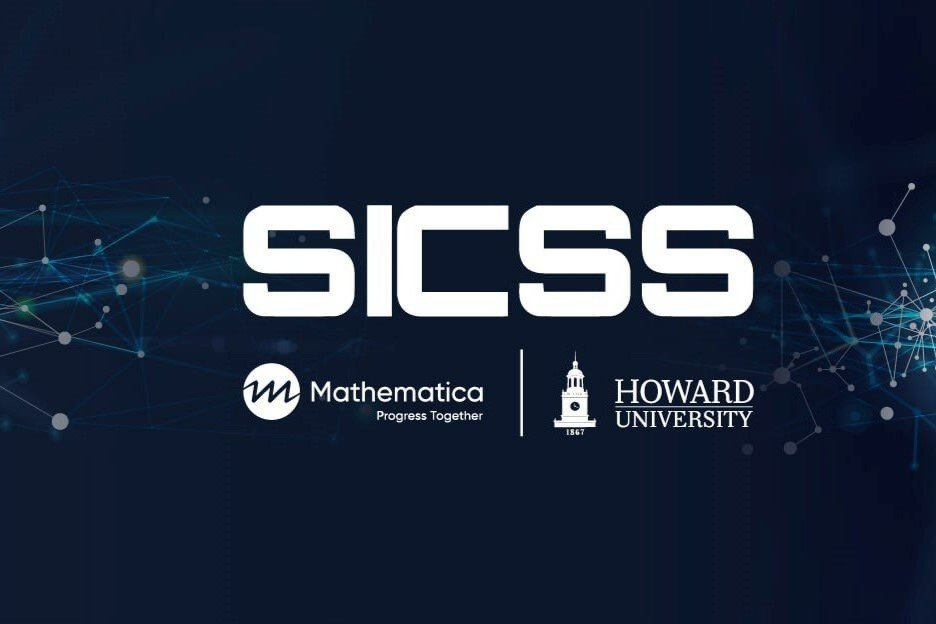

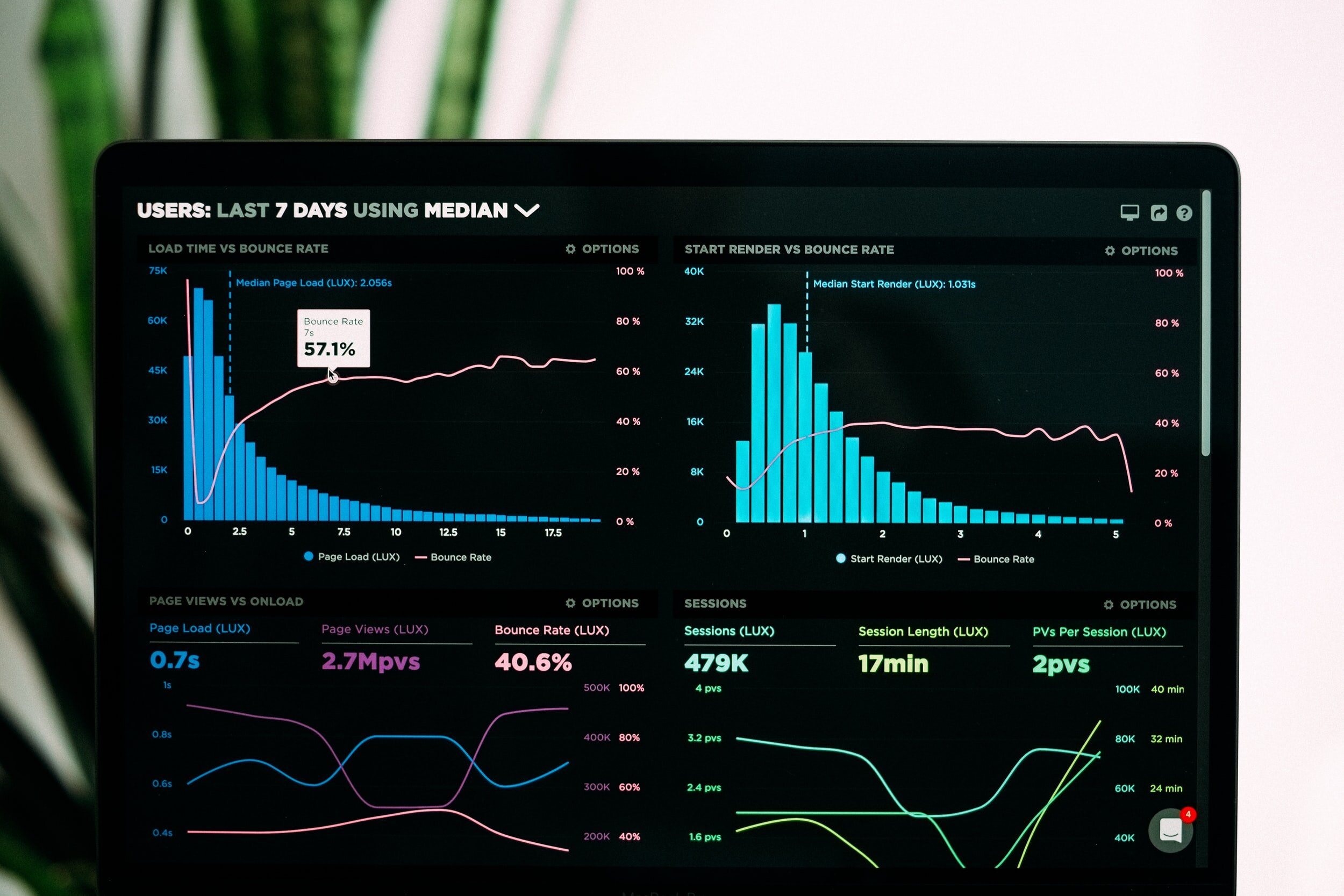


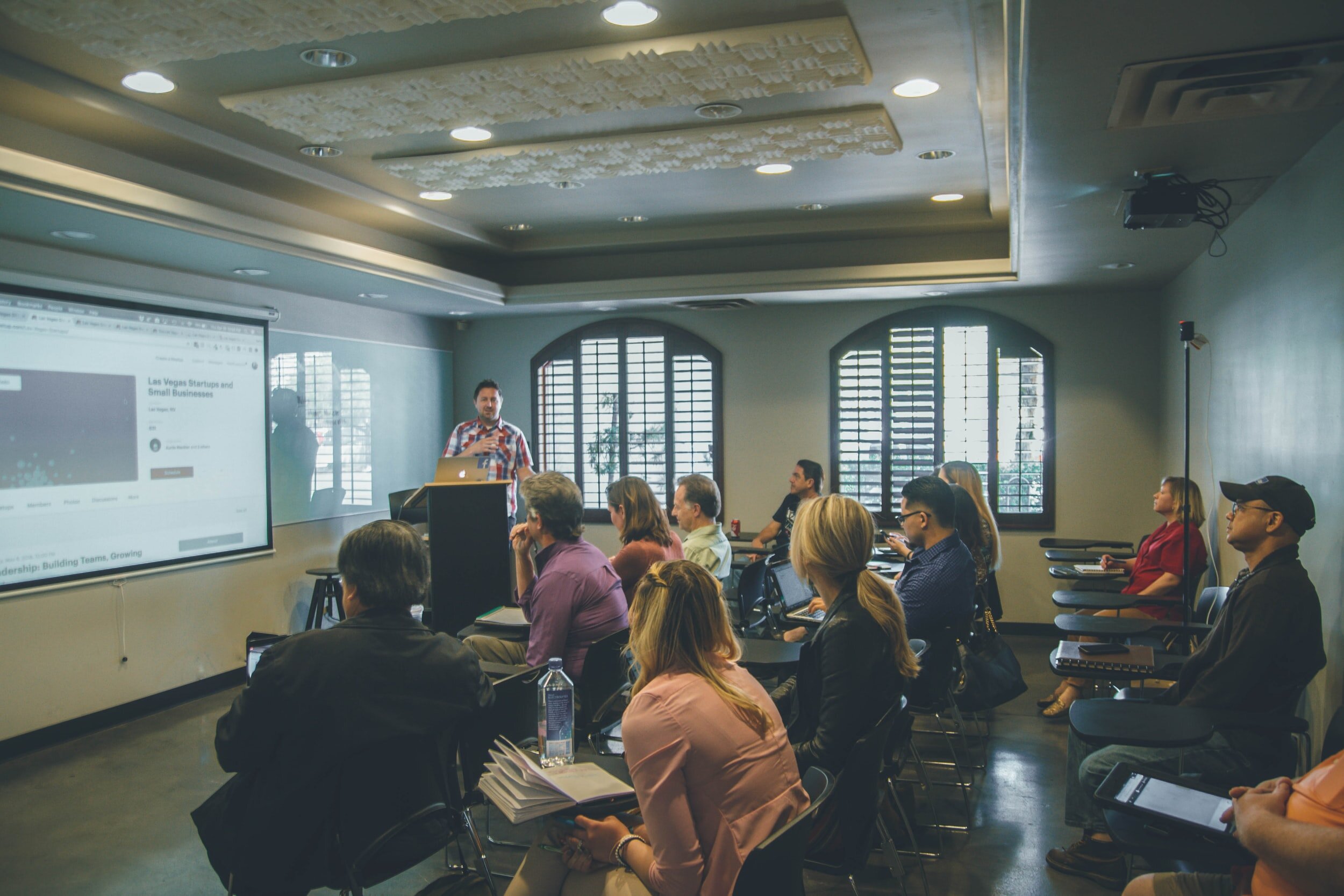

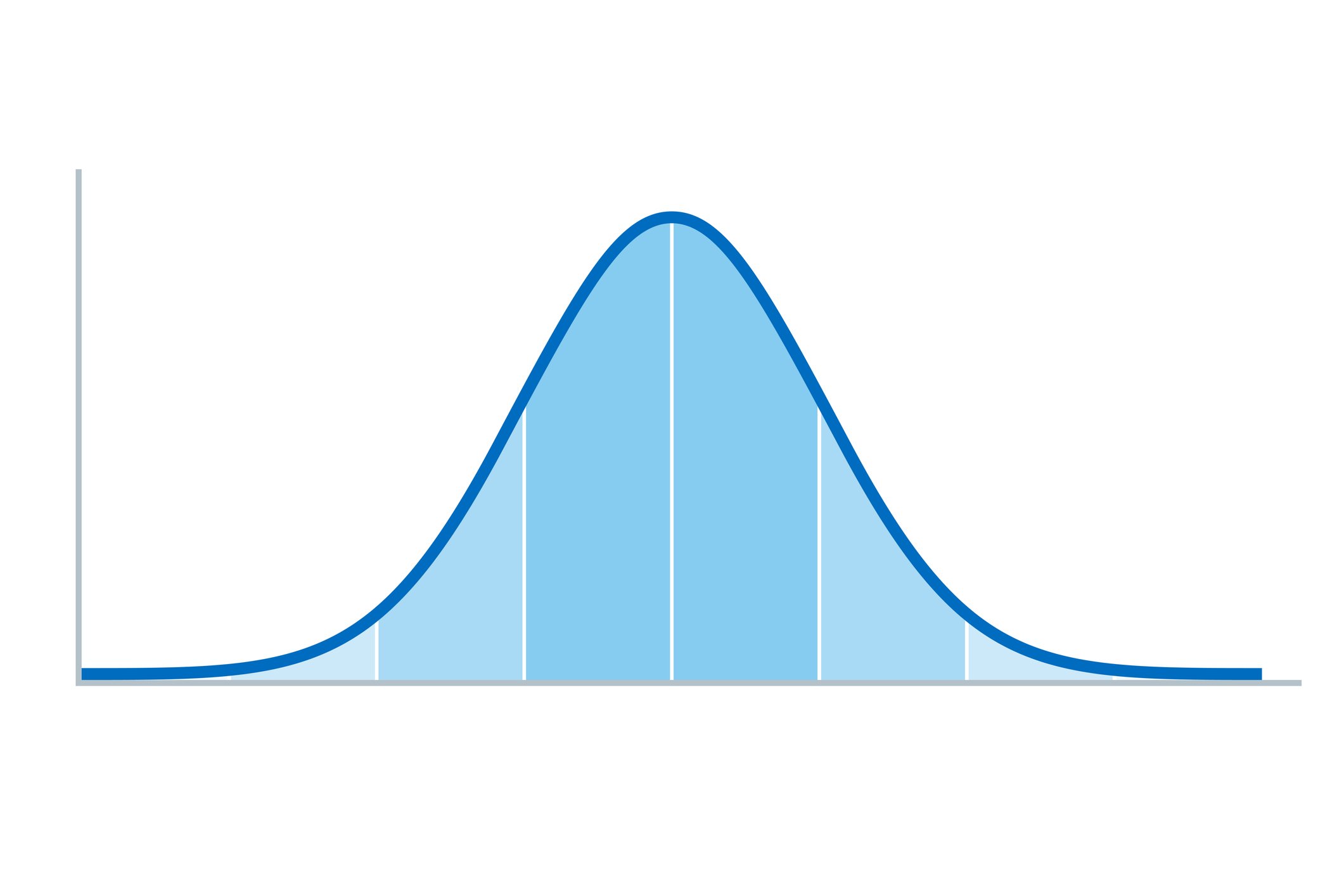










This blog post is the eighth, and final, post in a follow-on to our 2021 “The future of computational social science is Black” series, about a Summer Institute in Computational Social Science organized by Howard University and Mathematica. It continues to bring the power of computational social science to the issues of systemic racism and inequality in America. This marks the third iteration of the successful SICSS model being hosted by a Historically Black College or University.